Being a woman and Adivasi in India makes one an easy target of state violence as well as discrimination from mainstream activism. But there are some Adivasi women who stood up for their communities and humanity to preserve democracy and peace. They have waged war against the oppressive subjects of the state, capitalism and Brahminism. Here are some of the Adivasi women activists who have proved that Adivasis are not to be sidelined anymore.
1. Dayamani Barla
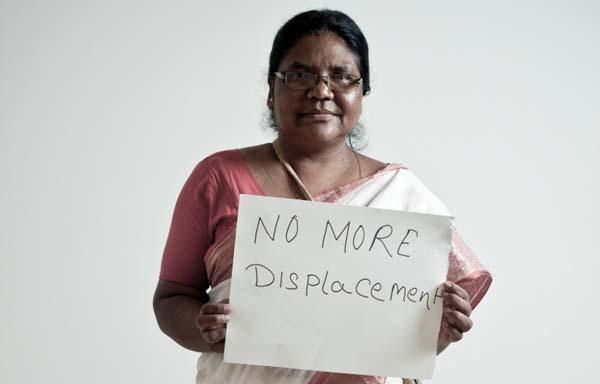
Image Credit: Indian Country Media
Dayamani Barla is an Adivasi woman journalist and activist from the state of Jharkhand who once worked as domestic worker, cleaning dishes for the wealthy. This Iron lady of Jharkhand is an anti-displacement activist who is well known for her staunch resistance against corporate looting of Adivasi land in the state.
She worked profusely against the Arcelor Mittal’s steel plant in Eastern Jharkhand which could possibly have displaced the Adivasis of the area. Her activism is not limited to the state of Jharkhand but to the idea of democracy. She had been the target of the state for her anti-corporate resistance and has been subjected to torture. Dayamani Di as her people call her is leading a movement against not just the giant corporates and government but resisting the collective oppression of Adivasis.
Dayamani Barla was put behind bars for her activities various times and has been the target of state violence for demanding jobs for rural labourers under The Employment Guarantee Act. Barla and her organisation Adivaasi, Moolvaasi, Astitva Raksha Manch (Forum for the protection of tribal and indigenous people’s identity) are staunchly against forest destruction and fertile land acquisition in the state of Jharkhand.
She worked in a Hindi newspaper called Prabhat Khabar where she covered various problems faced by Munda people and other tribal communities in her state. She received the Counter Media Award for Rural Journalism in 2000 alongside many such awards.
2. Kuni Sikaka
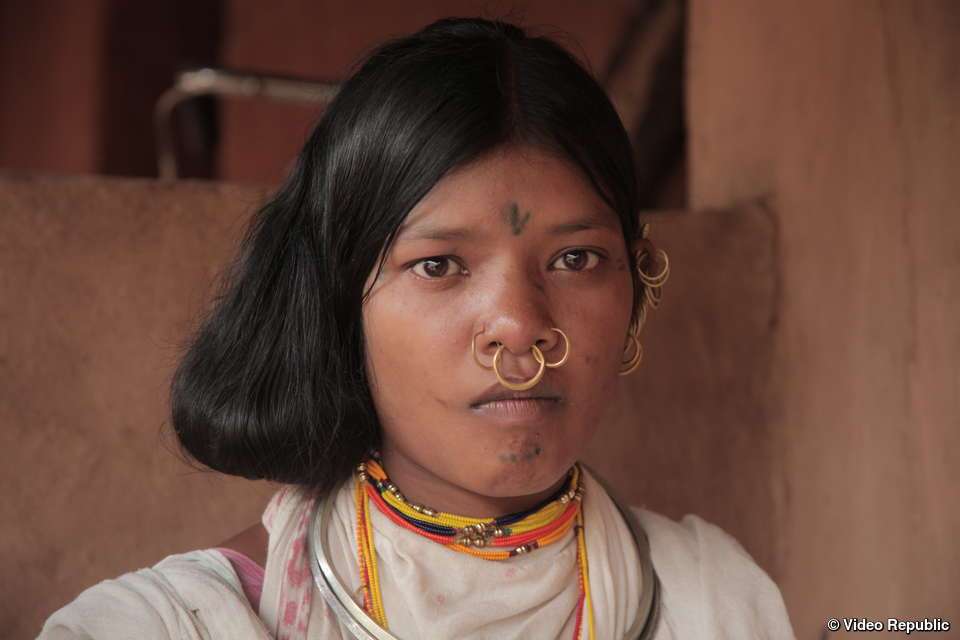
Image Credit: DGR News Service
Kuni Sikaka is a young Adivasi activist from Odisha, Niyamgiri. She is a fierce leader of the NSS (Niyamgiri Suraksha Samithi) who had been fighting against capitalist monsters -Vedanta and the Indian state. She was detained and was forced to surrender by the police for resisting Vedanta (who were destroying Niyamgiril Hills in Odisha).
Kuni Sikaka belongs to the Dongria tribe, who are being denied their right to exist by the Indian state. Even though she got detained, she never stopped fighting for her community and land. Kuni Sikaka is an inspiration to the masses who should resist the Brahminical capitalist Indian state.
3. Jamuna Tudu
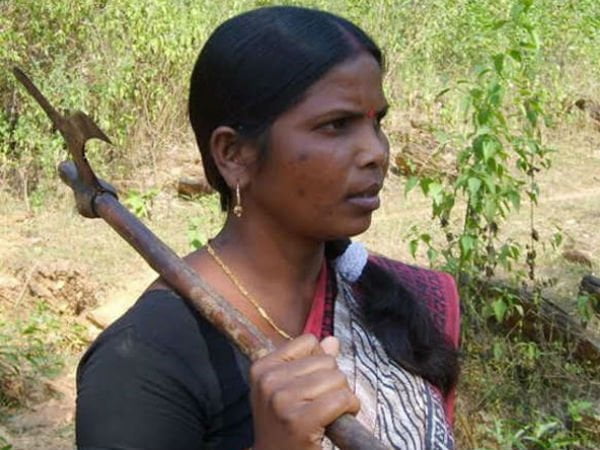
Image Credit: One India Telugu
Jamuna Tudu was just armed with a bottle and sticks, she went on to protect the tribal forest from the forest mafia. Jamuna hails from Muthurkham village in the state of Jharkhand. She stands behind the project of fighting against the mafia who destroyed forests on tribal land.
She gathered other tribal women and formed Van Suraksha Samithi, which protected at least 50 hectares of forest from deforestation. The forested area is also said to be a battleground for the Indian state and Naxalites. Her organisation consists of women who patrol the jungle with dogs thrice a day. She is known for her well-organised fight against the mafia, withstanding ferocious assaults from the mafia.
Jamuna Tudu is not just fighting for her forest but for human life. For all of us. Her determination and love towards nature is the biggest weapon and resistance against any exploiters of tribal communities and forests.
4. Neidonuo Angami

Image Credit: YouTube
‘Mother of Peace’ Neidonuo Angami is a Naga tribal woman and one of the founding members of Naga Mothers Association (NMA). Formed in 1984, the association was a response to social evils in society at that time. The association is a platform which shares what mothers of Naga insurgents feel about the killings and violence.
The NMA has always tried to be a mediator to bring about a cessation of killings between the Indian state and Naga insurgents. Neidonuo came up with the Shed No More Blood” campaign which led to talks between NMA and various Naga underground insurgents, requesting them to maintain peace.
She played a key role in extending the NMA to various wings such as the NMA Youth and Women Welfare Organisation (1986) to fight drug abuse and trafficking, alcoholism, and HIV/AIDS; Mt Gilead Home (1989), a rehabilitation centre for drug addicts and alcoholics; the NMA HIV/AIDS Care Hospice (2001) and a paper recycling project with the Mt Gilead Home to assist in income generation. In 2000, she was shortlisted among 1000 women for the Noble Peace Prize.
5. Soni Sori
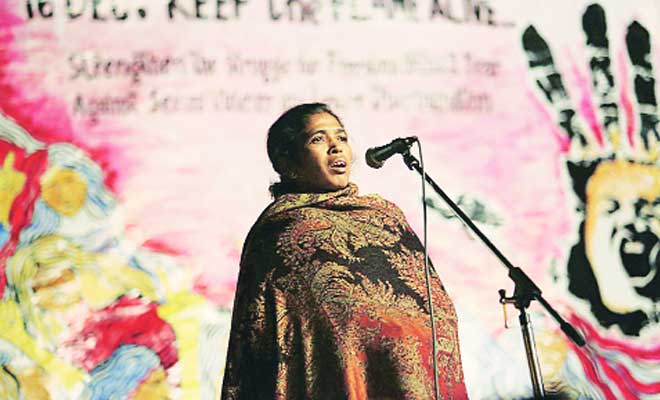
Image Credit: News Mobile
Subject to acid attacks and brutal torture by the Indian state, Adivasi teacher turned activist, Soni Sori is one of the reflections of the struggles of Adivasi women in India. She is a valiant fighter who resisted state violence on tribals in Chattisgarh.
She was arrested by the Delhi police in 2011 on false charges of being a Naxalite. She was sexually tortured and assaulted by the Chattisgarh police after that. But her fight against police torture on her and her people did not end. She enlightened her community to question state violence and has been staunchly opposing military presence in the forests of Bastar.
In 2016, she was attacked with acid in Dantewada. This only motivated her further than ever to fight against state oppression. Soni Sori played a very key role in the campaign against the state for demanding justice for Madkam Hidme who was gang-raped and killed by Special Police Officers (SPOs) in Sukma, Chattisgarh.
She never gave up because she is fighting for her community. Today, she stands as a very important Human Rights activist fighting for peace, equality and justice for Adivasi people around the country who are being targeted by the Indian state.
This is by no means a representative list. More suggestions are welcome in the comments section.
About the author(s)
Sanjeev is a law student and Dalit Queer Feminist


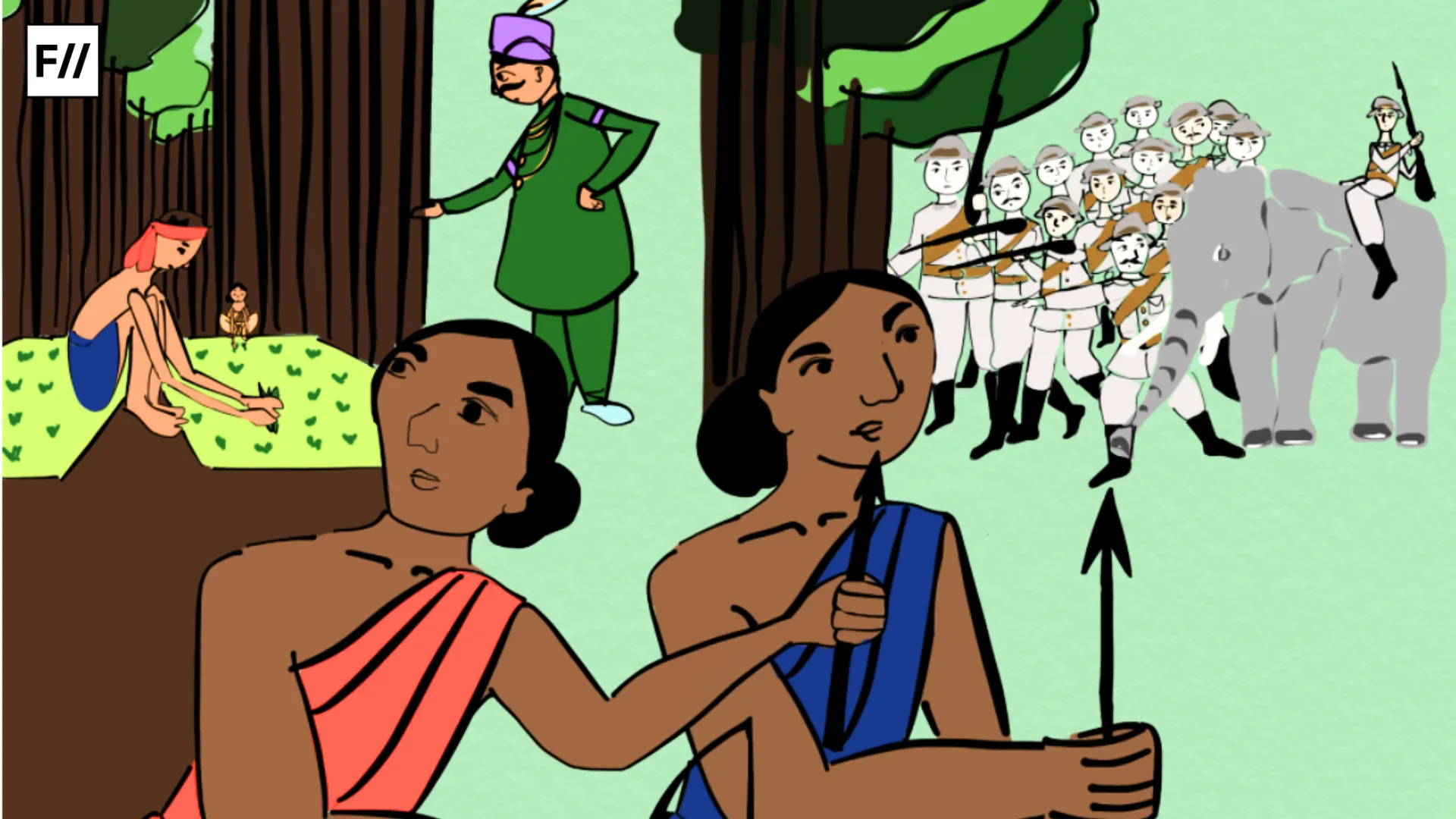
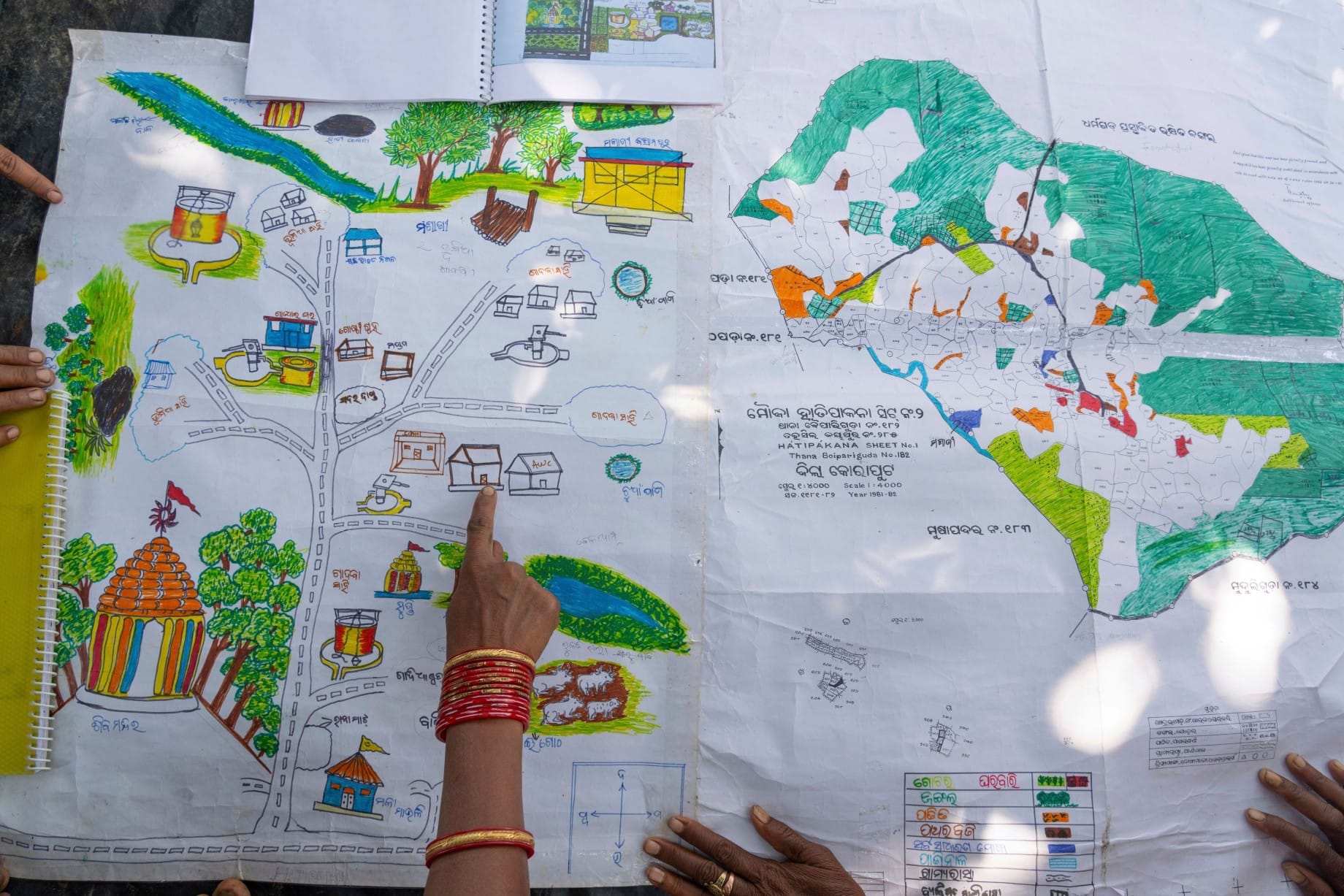

muje bhut garv he in adiwasi mahilao pr jo samaj ke haq ke liye ladti he